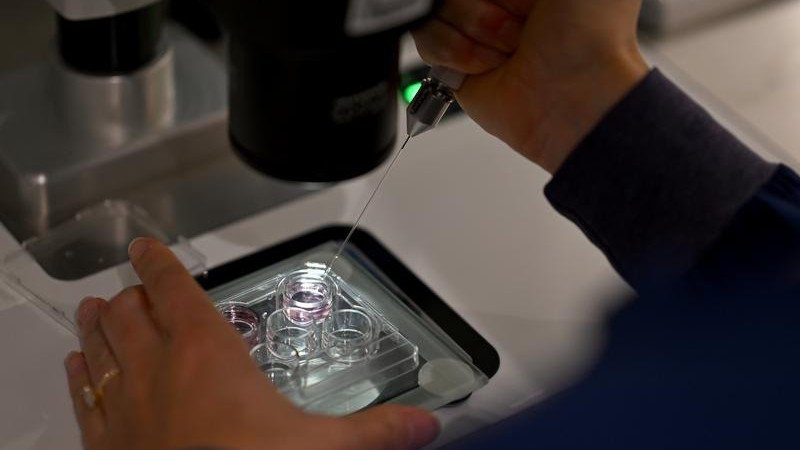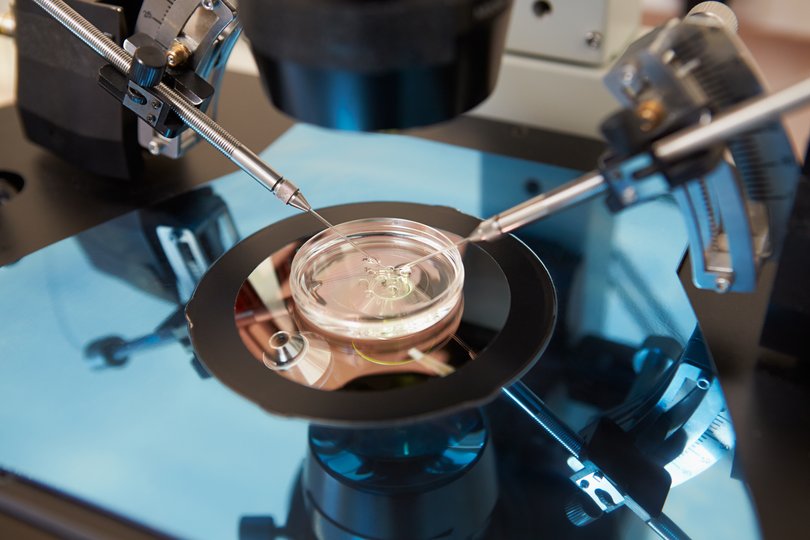‘Game-changer’: STAR AI technology helps couple fall pregnant after 18 years of trying
A couple who struggled to conceive for years are now expecting their first child after a ‘game changing’ successful AI intervention.

A couple who struggled to conceive for over 18 years is now pregnant after successful AI intervention.
The pair had undergone multiple rounds of IVF treatment, but were unable to get pregnant due to a rare condition called “azoospermia” affecting male fertility.
The condition is characterised by no measurable sperm in the male’s semen.
Sign up to The Nightly's newsletters.
Get the first look at the digital newspaper, curated daily stories and breaking headlines delivered to your inbox.
By continuing you agree to our Terms and Privacy Policy.The couple sought out a new approach called the “STAR” method at the Columbia University Fertility Centre.
STAR stands for Sperm Tracking and Recovery, and uses AI to identify and recover hidden sperm in men who may have thought they had no sperm.
The couple spoke to CNN Health via an email statement to maintain anonymity.
The woman said the couple kept their hopes “to a minimum” because they had already experienced so many disappointments.
Researchers analysed the man’s semen sample and found three hidden sperm which they recovered and then used IVF to fertilise the woman’s eggs.
The pregnancy marks the first successful conception using the STAR method. The baby is due in December this year.
“It took me two days to believe I was actually pregnant,” she told CNN Health.
“I still wake up in the morning and can’t believe if this is true or not. I still don’t believe I am pregnant until I see the scans.”

Dr Zev Williams, director of the Columbia University Fertility Centre, spent five years with his team developing the STAR method.
He told CNN Health searching for a sperm is like “searching for a needle scattered across a thousand haystacks” and that the STAR system is “remarkable” and a “game-changer”.
“A patient provided a sample, and highly skilled technicians looked for two days through that sample to try to find sperm. They didn’t find any. We brought it to the AI-based STAR System. In one hour, it found 44 sperm. So right then, we realised, ‘Wow, this is really a game-changer. This is going to make such a big difference for patients,’ ” said Dr Williams.
The technology connects a microscope to a high-speed camera which scans the semen sample.
STAR captures more than eight million images in under one hour to find sperm cells.
Dr Williams said the process is gentle, as it avoids use of “harmful lasers or stains”.
He said STAR is a new option to treat patients with azoospermia.
The treatment method is currently only available at the Columbia University Fertility Centre, but Dr Williams and his team want to publish their work and share it with other fertility centres.
